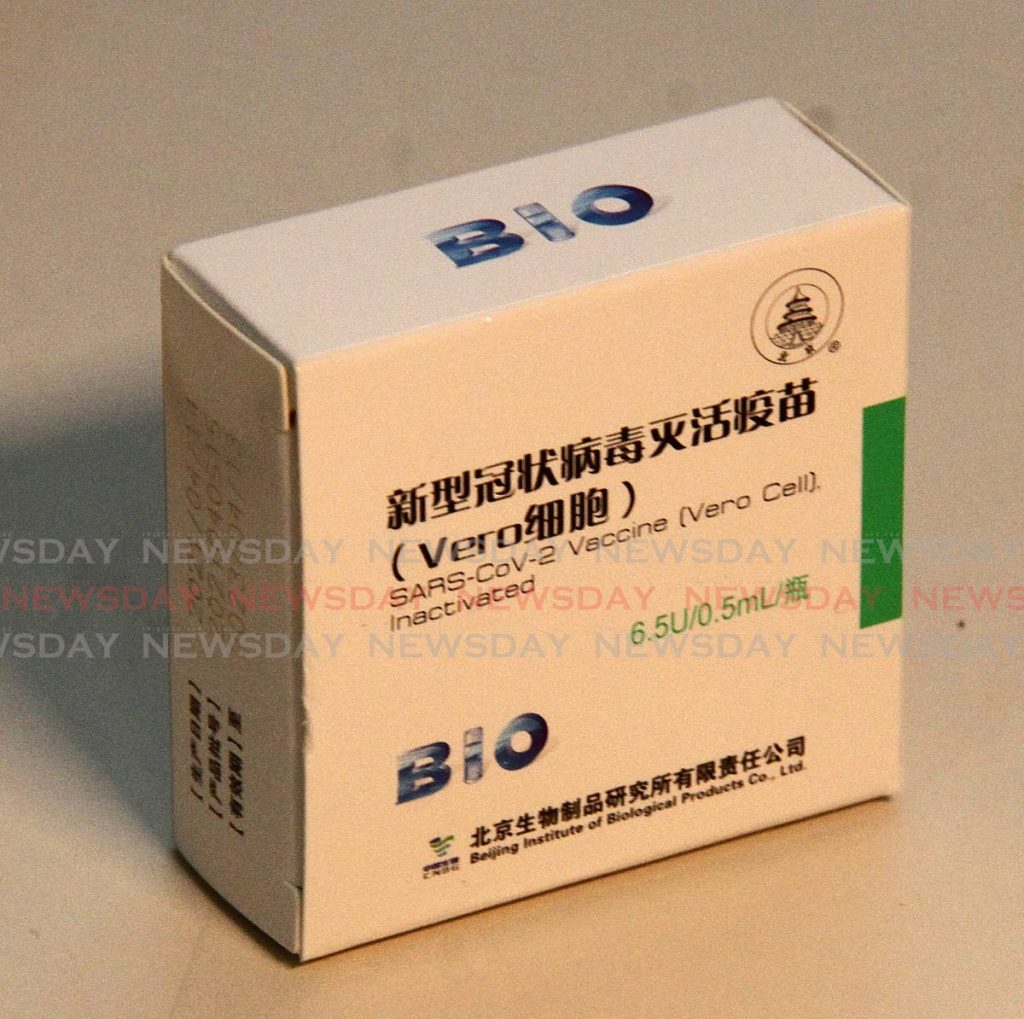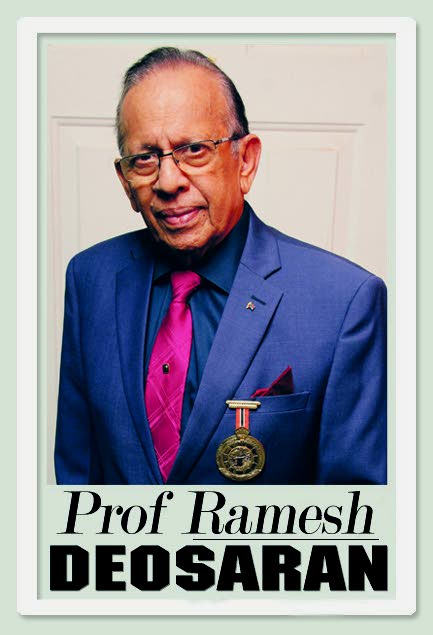Our covid19 struggles

Given contrary opinions over vaccination and masks, let me declare that I support compulsory vaccination with medical exceptions.
I also support wearing masks even after vaccination. The dangers are just too much. There is enough circumstance for the constitution to bend.
However, there are several issues that need some clearing up in the public interest.
Government needs to ensure the country has enough vaccines for its population.
Last month, the Prime Minister said at the end of July he was “expecting a shipment from the Africa Medical Supplies Platform” and the government was also “in active talks with the US” over a donation.
We hope he succeeds. PAHO director Dr Carissa Etienne, warned that the region needs more vaccines, and quickly. The mutations are coming.
Can the government publish the research-based differences, if any, between, for example, Pfizer, AstraZeneca, Sinopharm, Moderna, Johnson & Johnson?
This should help neutralise the numerous misconceptions and misinformation around. For example, a popular internet site, VisaGuide.World, states that Sinopharm vaccine is not allowed in Jamaica, Barbados, Grenada, Antigua and Barbuda or – hear this one – in Trinidad and Tobago.
However, just last week, Antigua’s Health Minister Sir Molwyn Joseph gave his population a choice between AstraZeneca and Sinopharm – both available.
Can vaccines be mixed? Germany's health ministry advised that people who took AstraZeneca can take as a second dose, Pfizer or Moderna. You hear nothing about Sinopharm or Sinovac in those parts.
Can the European Medicines Agency (EMA) and the Canadian and UK health authorities release the medical reasons for not approving Sinopharm so we can benefit? Are the reasons on medical grounds or because of political differences with China?
Given the inequitable distribution of vaccines, especially Pfizer, such non-approvals, without good reason, aggravate the covid19 challenges already faced by developing countries. And our government should find out without invading anybody’s sovereignty.
Are the UK, Canada and the EU treating different vaccines inequitably and for what reasons?
Sinopharm and Sinovac are made in China. Does this non-approval mean Canada, for example, is blocking citizens from over 80 countries from entering because of Sinopharm? The complaint of “vaccine apartheid” is being increasingly raised. It should not remain unattended for too long. We need to clear the air.
Recent meetings of the G7 developed countries (including the US, UK, Germany, France, Italy) did provide some hope. For example, the White House release stated: “The US will purchase half a billion Pfizer doses and donate them to 92 low and lower middle-income countries. This vaccine strategy is a vital component of our overall global effort to lead the world in the fight to defeat covid19.”
It added: “In total, the G7+ agreed to provide an additional more than one billion doses starting summer 2021.”
So far, Haiti has got 500,000 doses. Our country is not specifically listed among the “Latin American and Caribbean countries” so far published. The US has so far not issued any non-approval for Sinopharm entry into the US.

China is not standing still. It has so far donated millions of doses across Africa, India and the Caribbean. Two weeks ago, we got 800,000 Sinopharm doses from China, along with a hefty US$204 million loan with US$25 million for buying the vaccines and 15 per cent for buying goods and services from China. China’s interest rate is two per cent. (By the way, has the three-year $50 million contract, in 2011, with China Railway Company for Lake Asphalt been renewed? And for how much? After all, we need a lot of asphalt to fix our potholes.)
Whether or not a Wuhan lab accidently leaked the virus remains unfinished research. World Health Organization (WHO) vacillating director general Tedros Adhanom Ghebreyesus has reminded China to be “more transparent” and allow independent scientists to continue investigating the source of the virus. US President Joe Biden has ordered a renewed inquiry into this alleged leak. The Chinese government and Mr Fang Qiu have repeatedly called this a “smear campaign.”
Quite notably, in this vaccine struggle, Caricom, as a regional body, should have been in the forefront rather than appearing so fragmented and in the shadows.
With Caricom, once again, it looks like every man for himself, far from pushing robust collective diplomacy.


Comments
"Our covid19 struggles"